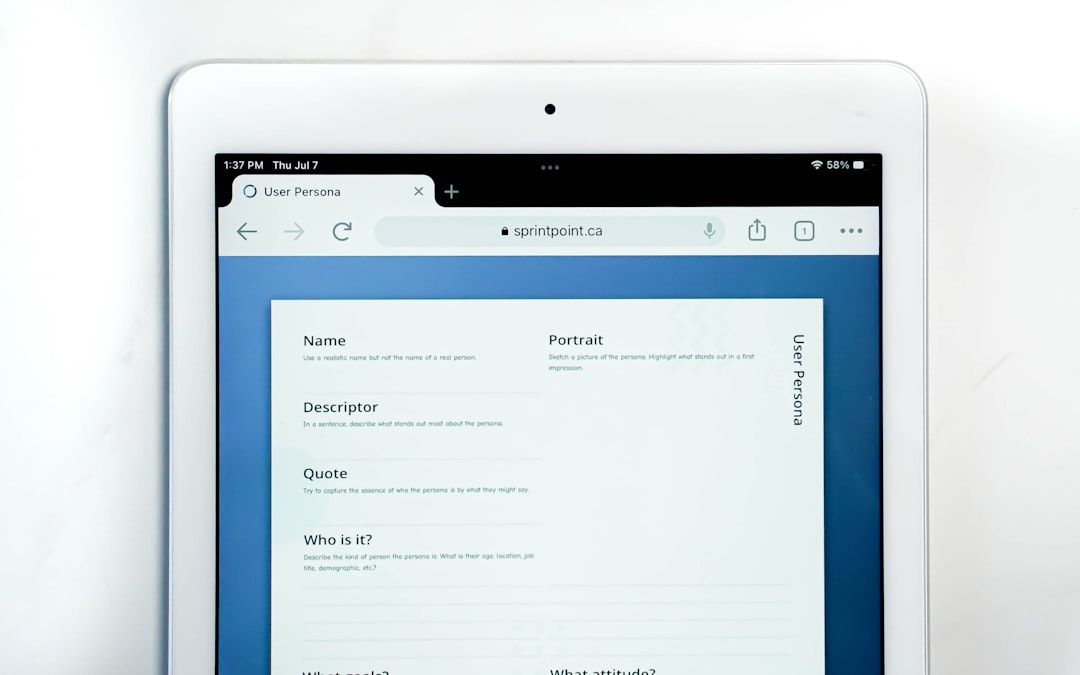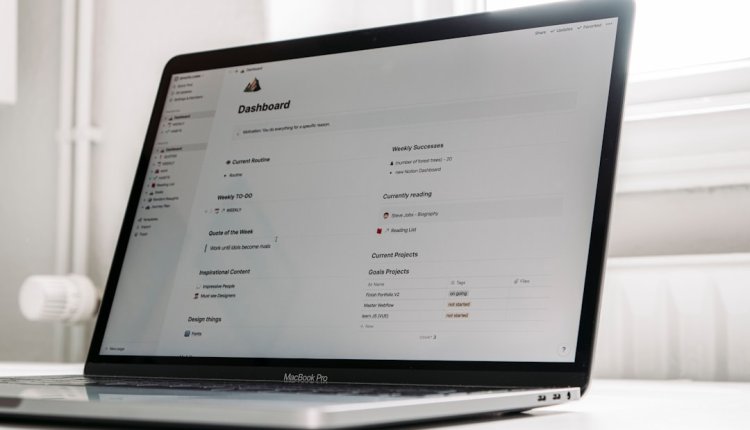Namecheap vs. Cloudflare: The Long-Term Cost of Ownership
When it comes to choosing internet infrastructure for your website, both Namecheap and Cloudflare are standout players. However, selecting the best service provider isn’t just about upfront features—it’s also about what they’ll cost you over time. From domain registration and DNS management to security and performance optimization, the long-term cost of ownership (TCO) can vary significantly between these two platforms. In this article, we’ll unpack how Namecheap and Cloudflare differ in both pricing and value, helping you determine which is the better fit for your long-term web needs.
The Core Offerings: What Each Platform Provides
Before diving into cost, let’s establish what each company primarily offers:
- Namecheap specializes in domain registration, web hosting, and basic website services. It’s often seen as budget-friendly and ideal for small to medium websites.
- Cloudflare is known for its advanced CDN (Content Delivery Network), DDoS protection, DNS services, and website performance-enhancing tools.
While they serve overlapping functions in domains and DNS services, their focus areas are widely different. This divergence shapes the long-term investments required for users on each platform.
Domain Registration and DNS Costs
Namecheap has built its brand on competitive domain pricing, often undercutting larger registrars. You can register most popular domain names for around $8 to $13 per year. In contrast, Cloudflare also offers domain registration, but with an extremely consumer-friendly model—it charges domains at actual wholesale cost (often no markup). This makes Cloudflare surprisingly affordable for registration—especially when buying multiple domains.
However, when it comes to DNS services, Cloudflare takes the lead. Their free tier includes extremely fast DNS resolution, which is a crucial performance boost for any site. Namecheap does offer DNS hosting, but it’s more basic and not as globally optimized.
Security Features – A Long-Term Asset
One of the biggest value differentiators is the included security services. Cloudflare’s free plan offers an impressive array of built-in protections:
- DDoS mitigation
- Secure TLS certificates
- Firewall rules
- Bot management (basic)
Namecheap includes some basic SSL certificates free for the first year with domain purchases, but advanced security features typically come as additional costs. Over the long term, this can pile up:
- Renewing SSL certificates annually
- Paying for additional DDoS protection
- Third-party firewall integrations
Cloudflare’s bundled services reduce the need for external security tools, translating into significant cost savings over time.
Website Performance and CDN Access
This is where Cloudflare really flexes. The platform’s integrated CDN accelerates website load speeds by distributing content across global servers. On the other hand, Namecheap’s CDN service—Supersonic CDN—is a paid add-on.
Here’s how the long-term costs stack up:
| Feature | Cloudflare | Namecheap |
|---|---|---|
| CDN Usage | Free Tier Available | Paid Add-On (from $8/mo) |
| Global Server Locations | 275+ Points of Presence | Fewer global nodes |
| Page Load Speed | Highly optimized | Moderately optimized |
If speed and performance are vital for your business, Cloudflare’s included benefits can drastically lower your total spending on speed enhancement tools.

Pricing Models: Subscriptions vs. Pay-as-you-Go
Namecheap typically bundles its services—domains, hosting, and SSL—into annual subscription packages. Cloudflare, however, operates on a tiered plan structure that includes a generous free tier, and premium features for enterprise-grade needs.
Let’s analyze typical scenarios:
Basic Personal Blog
- Namecheap: $10 domain + $30/year hosting + $9 SSL after year one = $49/year
- Cloudflare: $9 domain via wholesale + Free CDN and SSL = $9/year (you’ll still need hosting separately)
Small Business Website
- Namecheap: $10 domain + $60/year hosting + $8/month CDN + $9 SSL = $175/year
- Cloudflare: $9 domain + Free CDN + Firewall + Free SSL = $9/year + Hosting elsewhere
Though Cloudflare often requires third-party hosting (which isn’t free), its bundled feature set means you need fewer supplemental services, thereby reducing cost and complexity over time.
Support and Uptime Guarantees
Namecheap offers 24/7 support through chat, but complex issues (especially server-side) can take longer to resolve. It does have a reasonably solid reputation for uptime and general reliability in the shared hosting space.
Cloudflare, meanwhile, is not a traditional host and doesn’t offer typical server-side support unless you’re on a premium plan. However, its infrastructure is designed to enhance uptime significantly, and for enterprise-level users, dedicated support is available.

The Long-Term Cost of Ownership: Key Takeaways
When calculating lifetime value and ownership costs, consider these key elements:
- Security: Cloudflare includes robust features free; Namecheap often requires third-party add-ons.
- Performance: CDN and edge computing give Cloudflare an ongoing cost efficiency edge.
- Hosting: Namecheap simplifies things with bundled hosting, but Cloudflare requires separate arrangements.
- Domain Costs: Both offer affordable domains, but Cloudflare’s wholesale pricing wins for bulk buyers.
Who Should Choose What?
If you’re a blogger, solo entrepreneur, or hobbyist:
- Namecheap might be a better fit due to its simple, bundled packages.
If you’re running an online store, SaaS app, or busy content site:
- Cloudflare offers long-term value through security, speed, and scalability—often at no cost.
Conclusion
Ultimately, assessing Namecheap vs. Cloudflare for long-term cost of ownership depends on your priorities. Namecheap offers simplicity and convenience, particularly for newer users. But if you’re building a high-performance or security-sensitive application, Cloudflare delivers immense value—often for free—that could save you hundreds or even thousands over several years.
The best path forward may even lie in using both strategically: register your domain with Cloudflare for the cost-benefits, and host with Namecheap if you prefer their user-friendly hosting packages. This hybrid approach could offer a flexible, cost-effective solution well-suited for long-term success.

Comments are closed.